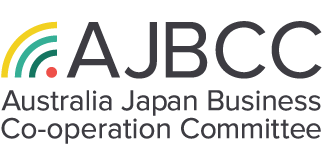03 Feb Japan tightens COVID-19 restrictions
Japan tightens COVID-19 related restrictions due to rapid spread of Omicron variant
With the rapid spread of Omicron variant, the Japanese government extended a COVID-19 quasi-state of emergency to 34 prefectures (as at 25 Jan), allowing prefectural governors to request restaurants and bars to close early and stop/limit the serving of alcohol. Japan recorded over 78,000 new cases on January 30, down from the previous day, which had hit a record high number (nearly 85,000) for the fifth consecutive day. The government aims to reduce further strain on the already stretched health care system and prevent a shortage of essential workers through the quasi-state of emergency. Japan is beginning to see a shortage of rapid antigen test kits: the government has requested manufacturers to increase output to 800,000 units per day and has said it will guarantee to purchase any excess stock. Meanwhile, on January 21, Japan approved Pfizer’s COVID vaccine for children aged 5 to 11, planning to roll out the program in March.
Japan is also maintaining its strict entry restrictions until the end of February (barring new entry of non-resident foreign nationals) despite the advice given by WHO that such blanket travel bans “are not effective in suppressing international spread”. This is drawing strong criticism from industry leaders, and the Japan Business Federation (Keidanren) has urged the government to review the entry ban policy. Business leaders are also criticising the government’s decision to halt Japan’s vaccination-testing package, which allows vaccinated people or those who tested negative to be exempted from COVID-related restrictions, urging the government to continue the package to help maintain business activities.
Worldwide COVID-19 supply chain disruptions have even reached McDonald’s Japan (a major purchaser of Australian beef over the years), which has had to suspend sales of larger portions of French fries due to a delay in potato imports from North America, triggered partly by pandemic-induced logistics disruptions.




